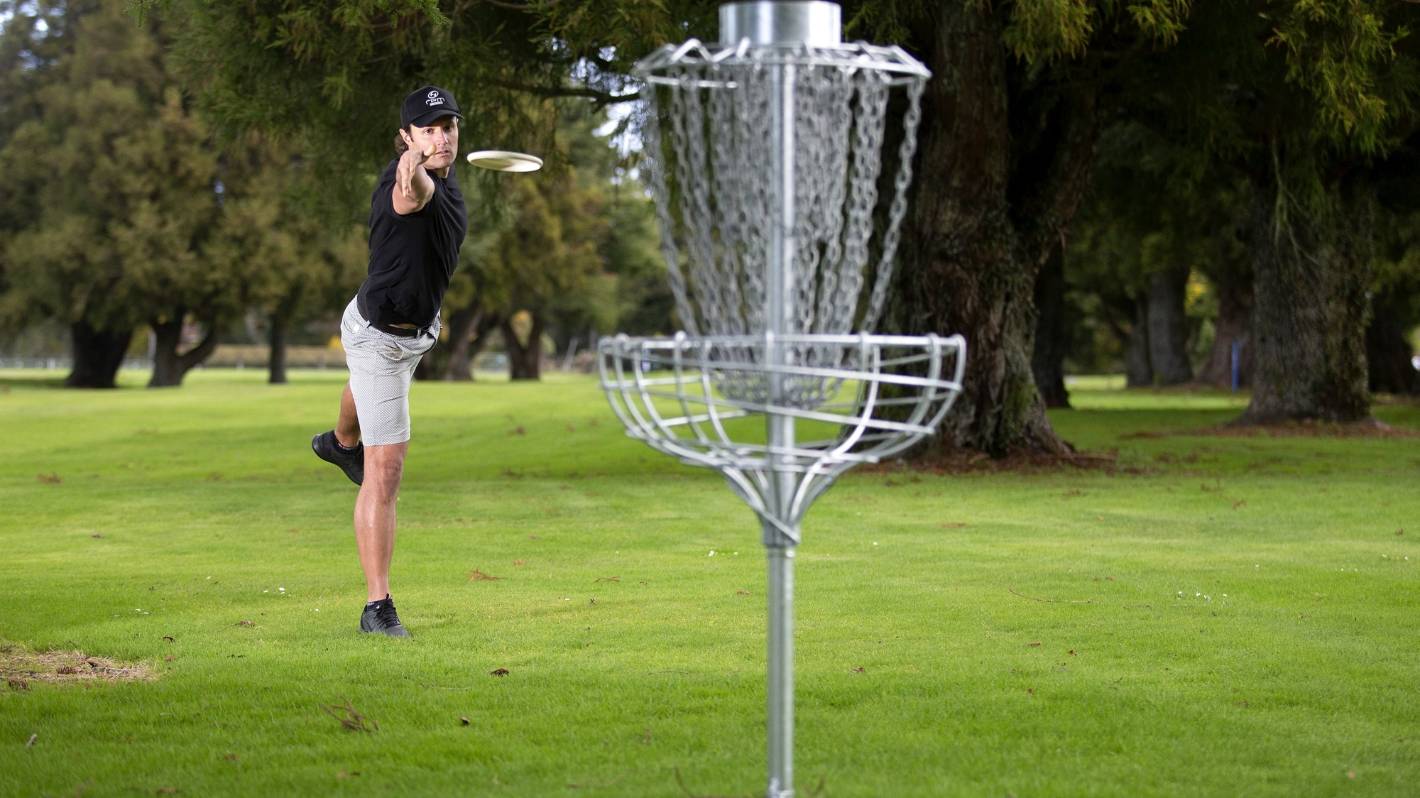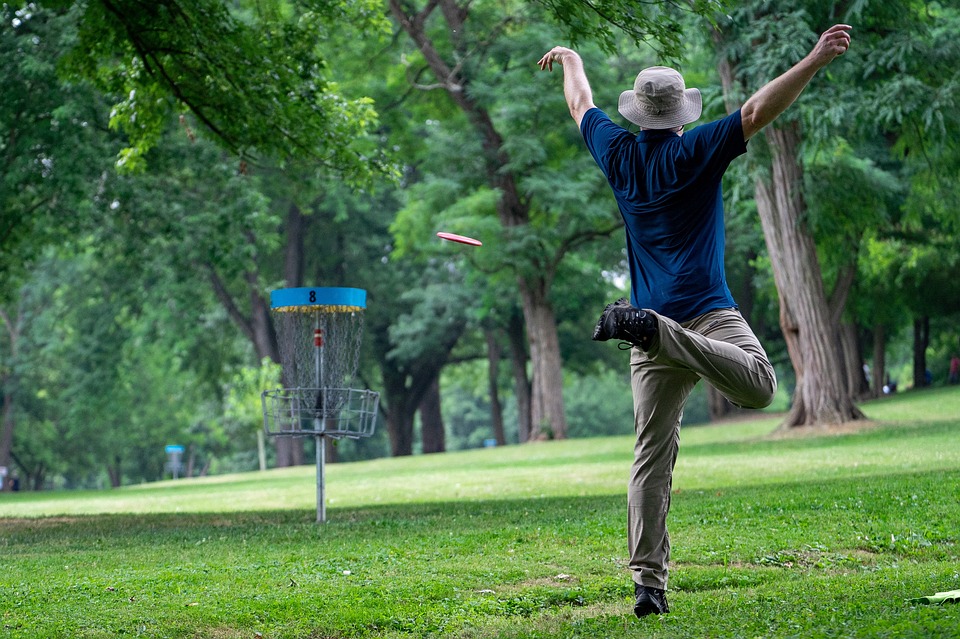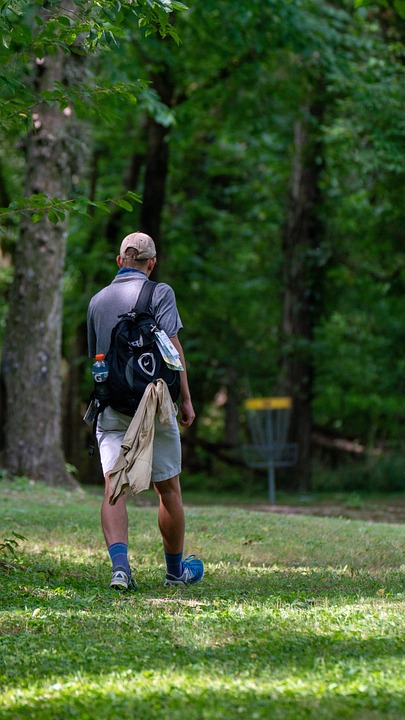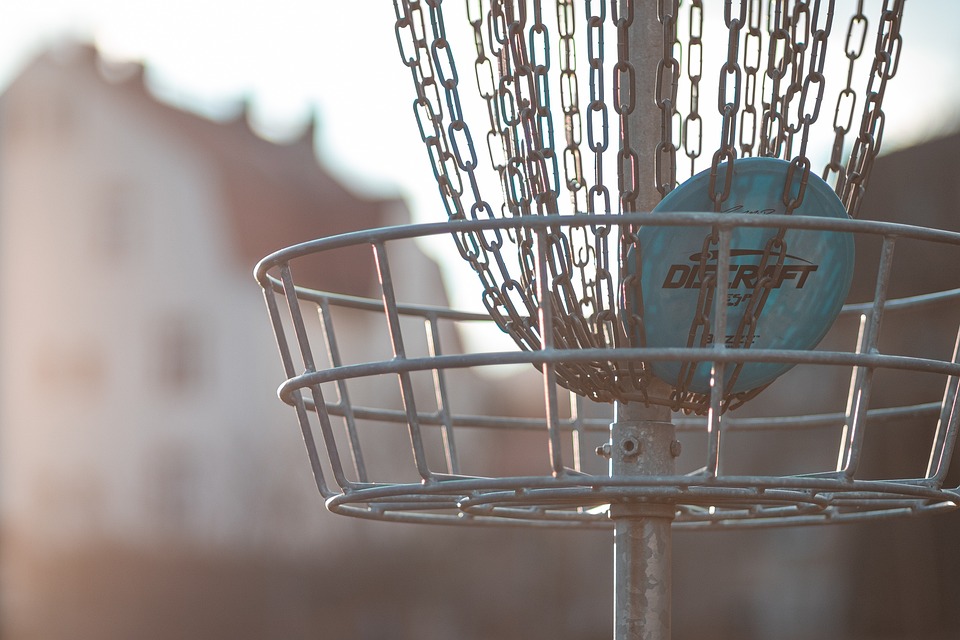The rapid rise of disc golf shows no sign of slowing down in New Zealand
Set foot on Jellie Park and you need not look hard for disc golfers.
Regardless of what day of the week, or what time of the day, you’ll soon see them flinging their discs in the direction of baskets, or hear the jangling of chains at the Christchurch course.
It’s becoming common at more and more parks around the country, too, as the sport explodes in popularity around the globe.
But no disc golf course is as busy as the 18-holer in west Christchurch in both New Zealand and Australia, with up to 500 players going through it on a busy day.
READ MORE:
* Disc golf tournament a first for Timaru
* Disc golf injury that could have cost woman her eye ‘shouldn’t have happened’
* Earthquake-wracked golf course left idle for nine years reopens for disc golf
* New course lands in Christchurch
One of almost 50 courses in New Zealand, a number which is only expected to grow, it supports more than 2000 active players, Christchurch Disc Golf chairman Paul Deacon said.
“After the end of lock down last year, we saw an explosion of new players, now that seems to be repeating at the moment, it’s not unique to New Zealand also.”
CHRIS SKELTON/Stuff
Christchurch Disc Golf chairman Paul Deacon.
Having started in California in 1975 with the invention of the metal basket, the game is wildly popular in the US, where one disc maker estimated more than 5000 people were joining the sport every day.
It’s also hugely popular in Finland, where there are more than 600 courses for the population of 5.5 million to enjoy.
New Zealand’s first course was installed in the Queenstown Gardens in 1996, almost two decades before the flagship course as Jellie Park opened in 2015.
Now, there are some 20,000 recreational disc golfers in the country, 18 disc clubs affiliated to New Zealand Disc Golf, which is affiliated to international bodies, the Professional Disc Golf Association and the World Flying Disc Federation.
“I can’t bloody keep up. We sell a starter pack, which is a three pack with a driver, putter, and midrange. We sold 700 last week,” RPM Discs owner Simon Feasey said.
“That’s like 700 new people. Typically, once you are playing the game you don’t go buy a starter pack.”
JOHN BISSET/Stuff
RPM Discs owner Simon Feasey pictured competing in Timaru this year.
Feasey, who started playing disc golf in 1999, has won national titles, represented New Zealand at the World Games in Japan in 2001, and competed in 13 world champs.
He established RPM Discs in Auckland in 2006, utilising the knowledge he’d gathered from travelling the world and meeting disc golf fanatics.
“Our business has basically doubled in the last two years consecutively,” he said.
“We’ve established ourselves as an international brand now. We actually export more than half the discs we make. We’re quite sought after.
“We’re still a bit boutique compared to the big boys, but we’re at a point now where our next order will be a full container load to the US. That’s 40,000 discs.”
John Hawkins
Disc Golf South president Martin Conway.
Discs typically retail between $16 and $30. A three disc starter pack, depending on the quality of plastic, will set you back between $43 and $60 from RPM Discs, which names its discs after NZ native birds, including the Kiwi and Kea.
So, what’s the secret to a good disc?
“The plastic is really important. It’s important to get a blend of plastic that is tough, feels good,” Feasey said.
“We all compete at a high level. We play with our own discs, we are constantly testing, we have played internationally.”
Disc golf’s attraction
The affordable price of discs is one of the factors which helps make disc golf accessible, therefore increasingly popular.
Forget about forking out hundreds or thousands of dollars on golf clubs. Forget about paying for green fees or making a course booking.
Then there’s the fact you can whip through an 18-hole round in about an hour, and age isn’t a barrier.
“I’m competing in open fields against the best players in NZ, and I’m 54,” Feasey said.
CHRIS SKELTON/Stuff
Jellie Park in Christchurch is the busiest course in both New Zealand and Australia.
“I’ve won nationals a couple of years ago. So you can still compete at a high level even when you get older. It’s a skill-based game, it’s not a strength-based game.”
He believes the influx of players the past couple of years is down to Covid-19 causing havoc for organised sports, resulting in people simply searching for something to do.
However, as a tournament director, he knows full well the sport isn’t immune from the impact of the pandemic.
“Just like any demographic, 10 per cent of the people might not want the vaccination, so what does that mean? Now, you’re saying to 10 per cent of the players, they can’t play.
“Personally, I don’t really support that. I am a tournament director of multiple events a year, and I’m not prepared to run events under that [traffic light] framework. So it’s going to be interesting what happens.”
Who is playing disc golf?
“It’s a complete cross-section of society,” Deacon said of those playing the sport he first came across while in the US in 2009, before regularly playing after the Jellie Park course opened.
“We aim to get three generations playing. The one area in the last couple of years we have seen a significant increase in participation is in women and girls.
Stuff
Makikihi School pupils at the Waimate Disc Golf course opening in 2020.
“We have hit the lift-off stage, it’s happened in the last three years, and it has exploded. And I don’t see any prospect that that is going to slow. It’s addictive, people are enthusiastic, and they bring other people into the game.”
The influx of new players has accelerated the need for more courses, particularly in the Garden City.
Having recently opened a new course in Ashburton, Christchurch Disc Golf, a registered charity as of 2020, is on track to open four more in Christchurch in the next couple of months.
In addition to the three public courses – there are two more private ones – in the city, another has been approved at QE II, while others in Hornby, Bromley and Broomfield Common are to follow, subject to funding and consents.
“The next step is looking ahead to the next two or three years worth of course installations…our main priority is Christchurch because that’s where the Canterbury population lives, but our next phase we’re going to start looking at the satellite towns – Lincoln, Selwyn, Rolleston, Rangiora, Kaiapoi,” Deacon said.
Given Canterbury’s population is forecast to grow by 60 per cent in the next 15 years, he projects more than 100 courses in the region in the future.
Stuff
Waimate’s nine-hole course opened at Victoria Park last year.
“The beauty is you can integrate them into parks. Many of them are under utilised parks,” he said.
“We have had some very good feedback from people who live next to Jellie Park, that since the course went in there has been a reduction of littering, loitering and vandalism, and they feel safer. They like the increased vitality of the park.”
Getting serious
While the tournament scene in New Zealand has a long way to go, there is money to be made in disc golf.
Look no further than the Disc Golf Pro Tour in the US, which dishes out up to US$20,000 ($NZ29,000) to winners.
But the real money comes via sponsorship. Just look at American Paul McBeth, who is considered the “Tiger Woods” of disc golf.
He signed a US$10 million deal with Discraft through 2031 in February, the richest deal in disc golf history.
In comparison, having turned pro in 2008, the five times PDGA Pro world championship winner’s career earnings are about US$600,000.
“It’s getting more visibility on ESPN and stuff like that. That’s always a good sign,” Feasey said.
“There are pro tours in a lot of countries now, the highest prize money we’ve had in New Zealand is about $1000 for first place.”
Deacon said the tournament scene in New Zealand had “growing pains” due to a high demand for spots, predicting it will take two or three years of building to establish a quality system.
“My expectation is that even before that [five years] we will see the international pro circuit coming to New Zealand. But it depends on having sufficient quality courses.”
